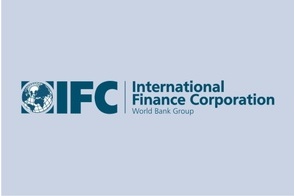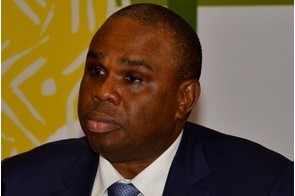New report highlights trends in climate finance

Summary
51 per cent of banks offer green financial products and 53 per cent have processes for managing climate-related risks.
Climate Chance, an international association working to mobilize stakeholders in the fight against climate change, in partnership with Finance for Tomorrow, a Paris-based organisation aiming to make green and sustainable finance a key driving force in the development of the Paris Financial Centre, has released the 2020 Global Synthesis Report on Climate Finance. I Care & Consult, a firm that helps clients with their environmental transitions, also contributed to the report.
This third edition of the report was published to coincide with the celebration of the Climate Finance Day, which Finance for Tomorrow hosted from October 23 – 30, and ahead of what the organisers call the “Restitution Workshop”, scheduled to hold on November 17, 2020, with the theme: “Recent Trends in Climate Finance and the Impact of COVID-19 on the Climate Strategies of Financial Actors." Participants are invited to register on this link.
The report identifies and highlights five major trends in climate finance, namely progress in integrating climate change into the decisions of financial players, accelerating movement through financial regulation and supervision, gradual integration of biodiversity issues, the effects of the COVID-19 pandemic, and recent trends in green finance.
The report shows 1,000 organisations, half of which are financial institutions, are committed to applying the recommendations of the Task Force on Climate-related Financial Disclosures (TCFD). 40 per cent of Asset owners and asset managers take climate issues into account in their financing decision, up from 29 per cent in 2016; but only 27 per cent of them conducted climate-related scenario analysis in 2019, compared 14 per cent in 2018.
In other key trends, 51 per cent of banks offer green financial products, 53 per cent have processes for managing climate-related risks and 64 per cent disclosed their carbon footprints.
“Despite efforts to increase transparency on climate-related risks and opportunities, the financial community considers that companies still fail to provide them with the practical information needed to make informed financial decisions,” according to a statement sent to Financial Nigeria by Climate Chance. “Likewise, the climate, environmental and broader sustainability performance of financial products and services that claim such ambitions remains difficult to assess and compare.”
The statement concluded that any resolution of these issues will entail a generalisation and standardisation of mandatory disclosures, which is something regulators can impose.
Related
-
Access Bank talks sustainable finance growth during 8th WACEE exhibition & conference
The bank discussed its innovative solutions and commitment to transforming society through sustainable finance.
-
IFC hosts session to track progress on Nigerian Sustainable Banking Principles
The session was part of the IFC’s two-day virtual event under the ESRM Nigeria Programme.
-
Afreximbank acts as Joint Global Coordinator on BADEA's €500m social bond
BADEA issued a debut EUR 500mn 3-year social bond with use of proceeds to fund eligible projects under the issuer’s ...








